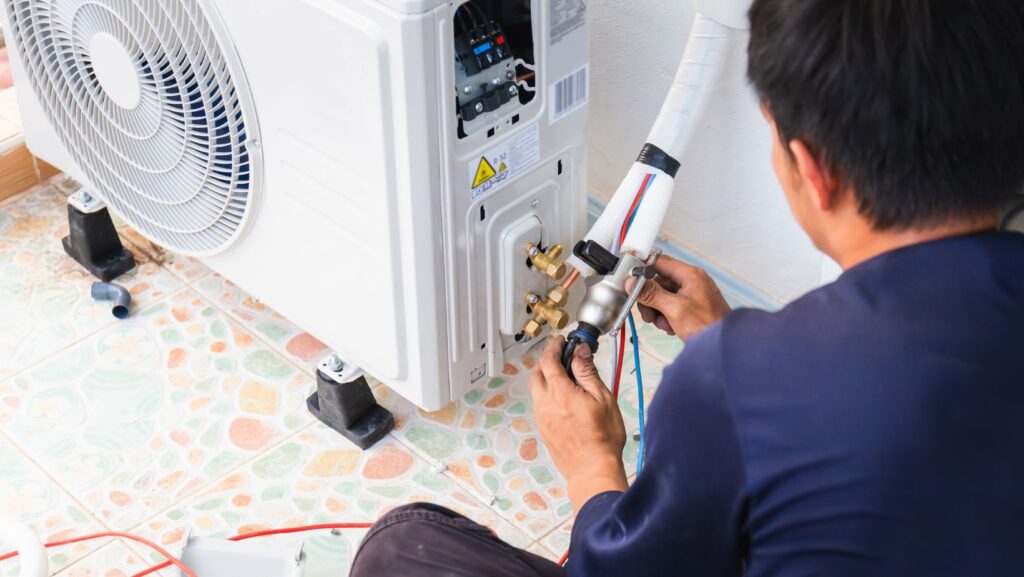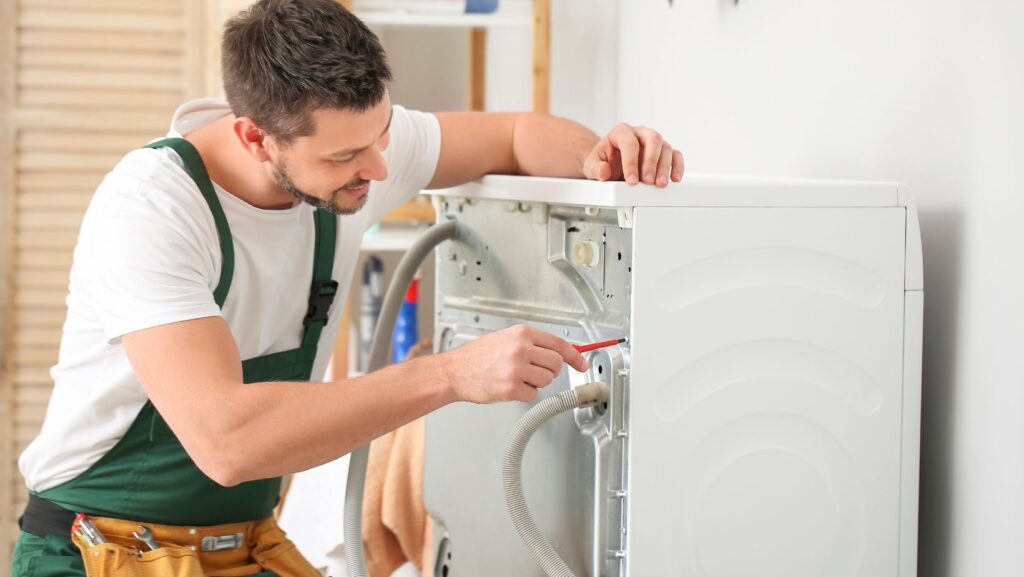Navigating the complex world of repairs and maintenance regulations can be daunting. But don’t worry, I’m here to shine a light on this intricate labyrinth. With my years of experience and vast knowledge, I’ll help you understand the ins and outs of these regulations, making it easier for you to stay compliant.
Repairs And Maintenance Regulations
 When we delve into the realm of repairs and maintenance regulations, it’s apparent that both federal and regional laws are in play. All these laws work cohesively, aiming to safeguard the interests of property owners, tenants, and professionals alike.
When we delve into the realm of repairs and maintenance regulations, it’s apparent that both federal and regional laws are in play. All these laws work cohesively, aiming to safeguard the interests of property owners, tenants, and professionals alike.
First off, let’s tackle the topic of maintenance responsibilities. Owners bear the prime duty for keeping the property habitable, which encompasses mitigating health and safety risks. For example, ensuring structurally sound building elements, maintaining functional plumbing systems, and the like.
Beyond owners’ duties, tenants play a few crucial roles too. Staying compliant with hygiene standards, promptly reporting damages, and keeping any alteration or renovation within lease agreements are just a handful of tenant responsibilities.
Maintenance professionals, on the other hand, are typically governed by stringent licensing regulations and codes of conduct. These may define the fields they’re permitted to operate in and the type of repairs they can undertake.
Key Provisions in Repairs and Maintenance Regulations
Diving deeper into the essential elements of the repairs and maintenance regulations, I identify three key segments. One, the explicit obligation of property owners to ensure maintenance following safety and health standards, for instance, repairing structural damages or addressing faulty plumbing systems. Two, tenants’ stipulated responsibilities include cleaning obligations and immediate reporting of any needed repairs, such as fixing leaks or replacing broken fixtures. Lastly, maintenance professional’s guidelines like obtaining the necessary license and abiding by specific codes of conduct, for example, complying with service timings and maintaining professional demeanor is critical.
Evidently, these regulations artfully balance rights and responsibilities amidst property owners, tenants, and maintenance professionals. Compliance demands constant vigilance and proactive measures, like regular property inspections and prompt damage response, both, for the safety of residents and for the property’s longevity. Thus, these provisions do not merely maintain habitability, but they also function as a safeguard for property investments.
Responsibilities of Property Owners

As an integral part of repairs and maintenance regulations, property owners bear a significant share of accountability. Crucial among their duties includes upholding the safety and health standards for their properties. For instance, they must ensure functional safety equipment, such as fire extinguishers, are available in apartments. Furthermore, ensuring the habitability of their properties forms a large part of their duties.
Property owners are obligated to provide a prompt response to reported damages. If a tenant notices a leaking pipe, the owner must not delay in dealing with it. An important part of achieving this lies in conducting regular property inspections. These inspections provide a preemptive measure to identify potential issues before they turn into costly repairs or safety hazards.
Finally, property owners must remain vigilant about regulatory compliance. This means staying updated with evolving federal and regional laws regarding property maintenance and safety. Achieving a balance between the rights and responsibilities of all parties involved remains an ongoing challenge in property management.
Financial Implications
Navigating repairs and maintenance regulations can be a daunting task. Yet, it’s crucial to understand the financial implications of non-compliance. As a property owner, you’re responsible for maintaining safety standards and ensuring habitability. Failing to do so can lead to hefty fines and even legal action. Regular property inspections can save you a lot of money in the long run by detecting issues early. It’s important to stay informed about the evolving laws to balance the rights and responsibilities of everyone involved in property management. So, keep your property in top shape, respond promptly to damage reports, and stay updated with the latest regulations. It’s not just about avoiding penalties—it’s about fostering a safe, healthy living environment for your tenants.



